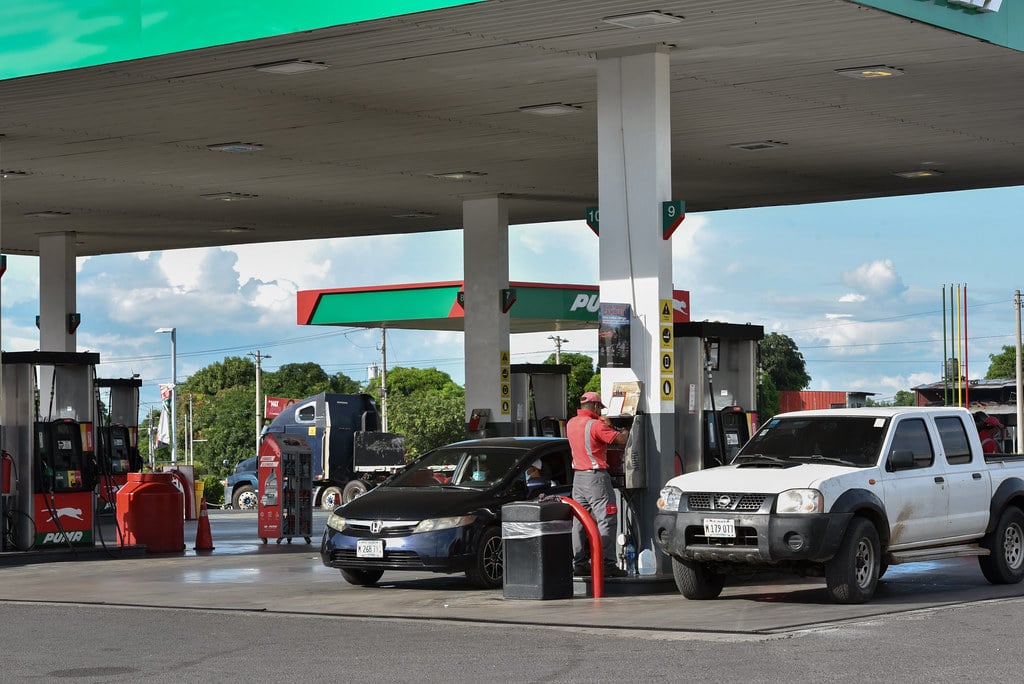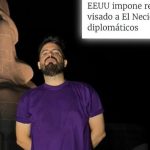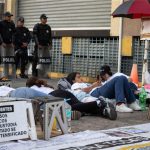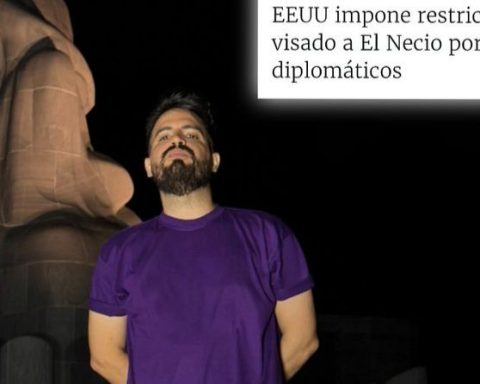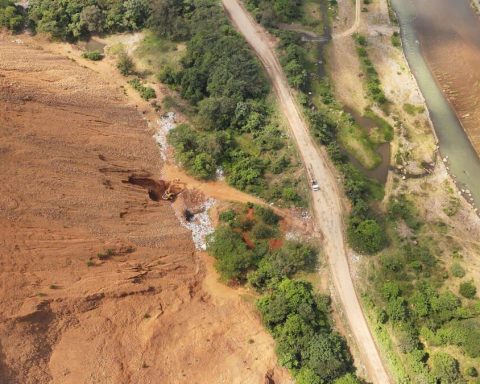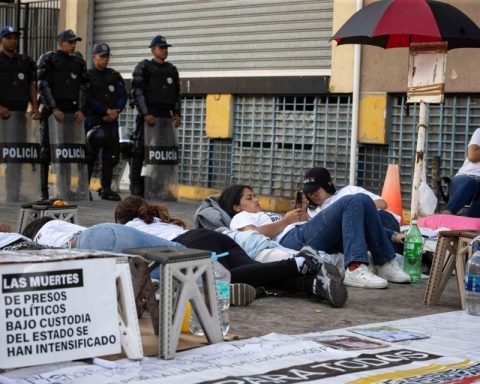Daniel Ortega’s regime kept the prices of petroleum derivatives frozen for more than two months, during which time the international value of crude fell almost 20 dollars per barrel. This decrease, according to hydrocarbon experts, did not translate into a reduction in national fuel prices, which are not regulated in Nicaragua. by the State and are set freely, every week, by the oil companies.
The freeze, effective as of October 22, 2021, was applied to the prices of super and regular gasoline, diesel, kerosene, and Liquefied Petroleum Gas (LPG) —popularly known as “cooking gas”—, which is the only product regulated by the Nicaraguan Institute of Energy (INE).
The government’s decision came two weeks before the general elections in which Ortega, without political competition, gave himself his third re-election consecutive for a fourth term in a row, and second with his wife, Rosario Murillo, as vice president.
The regime froze prices when the intermediate oil of Texas (WTI), of reference for Nicaragua, was quoted at 84.53 dollars per barrel. According to the Government, “to protect the economy and the lives of families, the President of the Republic (Daniel Ortega) has decided not to apply the constant increases, derived from the movement of international prices of oil and its derivatives.”
However, after the freeze, the price of crude oil fell, reaching 65.44 dollars per barrel at the beginning of December.
“The freezing did not bring benefits because, in those two months that the prices were frozen at the local level, the prices of oil and its derivatives at the international level experienced a decrease of 9.4% in November, and 12% in December, compared to October. 2021”, detailedengineer Patricia Rodríguez, specialist in energy issues.
“(Consumers) lost because the decrease at the international level would have caused a decrease at the local level, even if it was to a lesser extent because they never decrease in percentages equal to those that occur at the international level,” commented the specialist.
Freeze with high prices
Rubén Ernesto Arriola, an expert on consumer issues, lamented that consumers did not benefit during the “freeze”, since fuel prices were “high” when they were “fixed”.
With the decision of the regime, the average price of super gasoline was frozen at 42.02 cordobas per liter; that of regular gasoline at 40.90 cordobas per liter; and that of diesel —the fuel with the highest consumption at the national level— at 36.52 cordobas per liter.
These average prices correspond to service stations in Managua, since in the other departments and regions of the country the cost of transportation and distribution, as well as other expenses, must be added.
Prior to the government measure, fuel prices recorded three consecutive increases. Data from the INE revealed that, until October 2021, the prices of super and regular gasoline had registered 31 increases and 11 decreases; while the value of diesel accounted for 29 increases and 13 reductions.
They “release” at times of hikes
Both experts highlighted that the Ortega regime unblocked fuel prices, when in the international arena oil shows an upward trend. Such a situation is detrimental to consumers, who will pay the increases.
“Now that prices are unfreezing, oil and its derivatives are rising. In January 2022, an increase of 11% is being experienced compared to December 2021”, Rodríguez explained.
Between November, December and early January 2022, the international price of oil remained below 80 dollars per barrel, and fluctuated between 70 dollars.
Last weekend, when fuel prices were unfrozen, WTI oil was trading at $81.97 per barrel. This Thursday, January 20, the The price of crude oil closed at 86.90 dollars on the New York Mercantile Exchange, after a bullish streak that has placed its prices at maximums not seen since 2014.
According to the Efe news agency, the rises are a consequence of the gap between supply and demand recorded by the market. Also driving up oil prices are tensions in the Middle East, especially after the recent attack launched by Yemen’s Houthi rebels against the United Arab Emirates, and fears of a conflict in Ukraine, according to analysts.
Benefits oil companies
With the “unfreezing”, the price of super and regular gasoline fell 0.47 and 0.29 córdobas per liter, respectively —they are sold at 41.49 and 40.61 córdobas per liter—; in the case of diesel, it rose 0.37 córdobas per liter, to 36.94 córdobas.
Rodríguez and Arriola pointed out that “theoretically” the Government’s decisions have favored the oil companies, although “they cannot” guarantee this because the State and the companies keep secret the structure or formula for defining fuel prices, which include their prices. profit margins.
CONFIDENCIAL reports have revealed that Nicaraguan consumers have paid a premium in fuels, which until the beginning of 2021 exceeded 30 million dollars.
This surcharge is obtained through a fuel price freeze policy in Nicaragua, when in the international arena fuels and oil fall.
Until December 2019, more than 65% of the fuel market in Nicaragua was dominated by two companies: Puma Energy and the Nicaraguan Oil Distributor (DNP Petronic). These companies were the only ones with gasoline and diesel import facilities, and they also had networks of service stations and direct distribution nationwide.
The composition of the Nicaraguan market changed as a result of US sanctions on DNP Petronic, in December 2019. The oil companies Puma and UNO have absorbed the sales of Petronic.
DNP Petronic was sanctioned along with the son of the presidential couple, Rafael Ortega Murillo, and also the security company El Goliat and Inversiones Zanzíbar. The United States accused these companies of “money laundering and supporting corruption.” According to local media investigations, DNP Petronic was financed in 2009 with funds from Albanisa and Alba Caruna.
